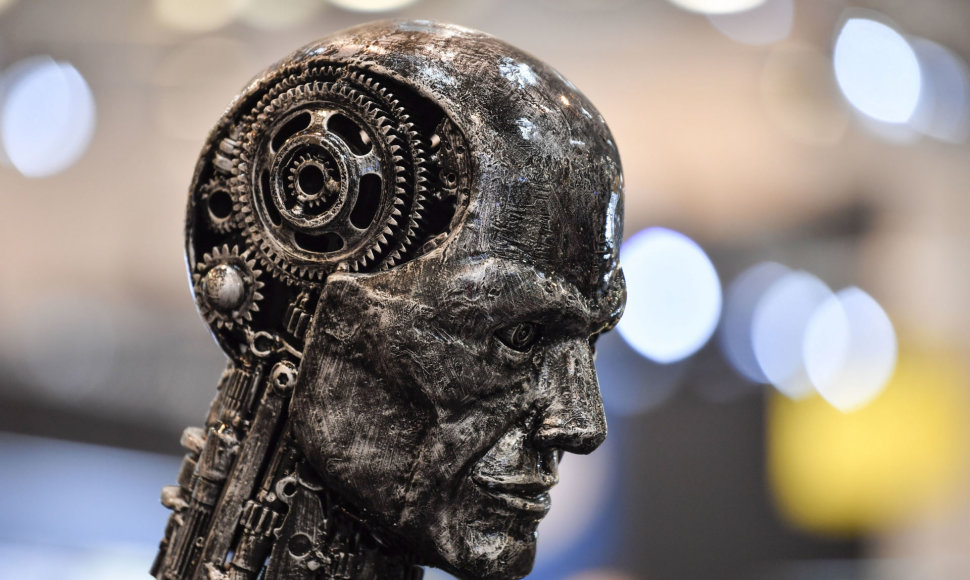How do European feel about this? The European Commission recently released a Eurobarometer survey presenting Europeans’ attitudes towards the impact of digitisation and automation on daily life. The survey revealed that people tend to be very positive about robots and artificial intelligence; 80% believe that robots and artificial intelligence are a good thing for society because they help people do their jobs or carry out daily tasks at home, and 90% believe robots are necessary as they can do jobs that are too hard or too dangerous for people. On the other hand, 85% of Lithuanians also expect that robots and artificial intelligence steal people’s jobs.
“It’s hard to say definitively whether the 75% of Lithuanians who are not worried about their jobs being lost are right or wrong. To get a better sense of things, we have to explore what makes an occupation more likely to be automated in the future. The main factor is technical feasibility; that is, whether the technology exists (or will soon exist) and whether the task is routine (and therefore predictable). It used to be thought that only manual routine tasks were easily automated, by robots. However, with the increasing sophistication of AI and complex algorithms, cognitive tasks are also increasingly at risk of being automated. Tasks that are less likely to be automated are those that are a) non-routine, and b) which involve perception and manipulation, creative intelligence, and social intelligence,” says Dr. Jonathan Boyd, professor of ISM and speaker at the conference ISM Insider.
21 jobs of the future
Center for the Future of Work experts performed a study commissioned by Cognizant on what impact digitalisation will have on market development in the coming decade. The study report 21 Jobs of the Future Report describes several jobs that can be expected to emerge in the near future.
Several of the professions presented in the publication have already become real new jobs in leading global companies. For example, the Japanese retail leader Start Today, which offers its individual tailoring service Zozosuit already employs a digital tailor. The jobs of memory curator and augmented reality journey builder, which were defined by Cognizant experts, have already been implemented by the social network giant Facebook in its development of the social network’s functionality.
“What is interesting is that among the future professions, we have not only particularly technological and IT knowledge demanding jobs. Without a doubt, there’s a significant number of these, however there are also many so-called soft competences professions, which are based in exclusively human traits. For example, the walker/talker, whose main function is to listen and communicate with a variety of individuals: clients, staff and their groups, allocating personal attention to them, something that is especially lacking in this age of technologies.
There are also many other predicted or emerging professions. For example, virtual identity bodyguards, cyber-attack specialists, flying vehicle designer, vehicle identity design head, happiness adjutant, general goals planner and others – they are all very interesting and worthy of attention,” Cognizant personnel director for the Baltic States and speaker at ISM Insider Edita Znutienė said.












